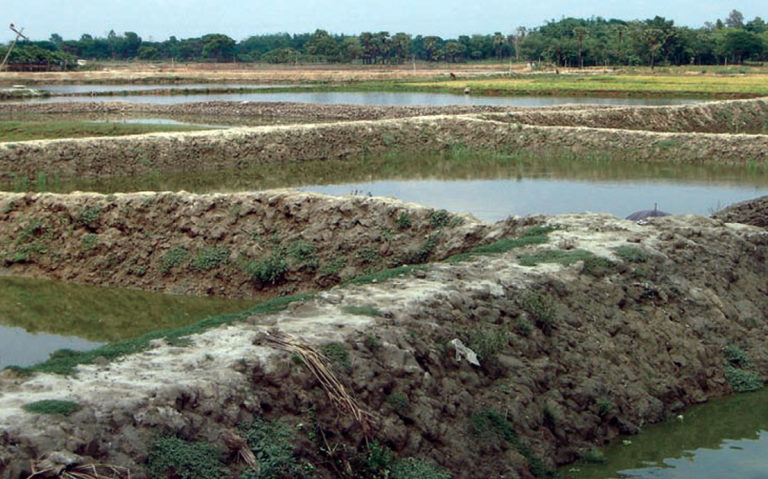
Responsibility
Growing pangus industry faces constraints in Bangladesh
As reflected in a survey by the authors, rising productivity and higher yields have made pangus culture more profitable than carp farming.
Responsibility
Prawn-fish-rice farming is considered highly efficient in terms of resource utilization through the complementary use of land and water. Integrated prawn farming plays an important role in the economy of Bangladesh, earning foreign exchange, increasing food production and providing employment opportunities.

Responsibility
As reflected in a survey by the authors, rising productivity and higher yields have made pangus culture more profitable than carp farming.
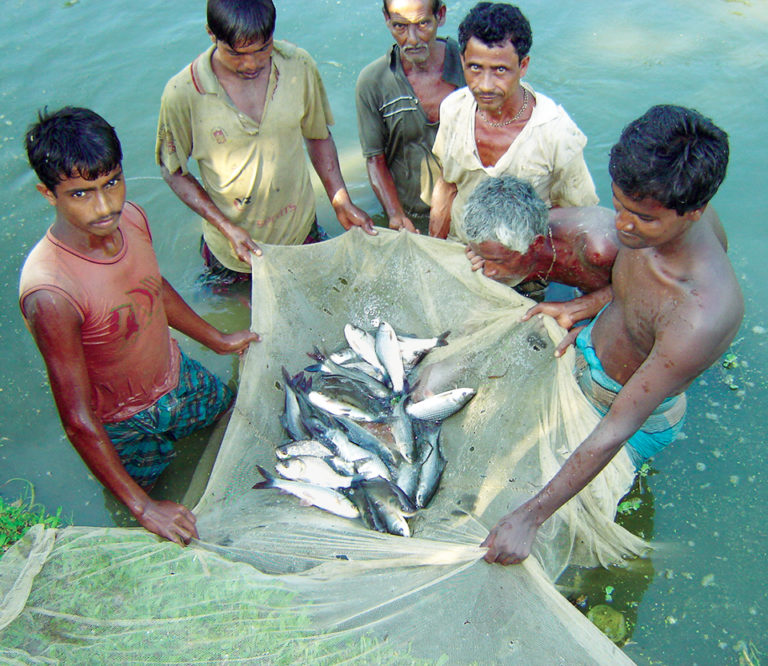
Responsibility
The addition of cheap, fast-growing silver carp to ponds with major carps would allow farmers to sell fish while retaining some for food purposes.
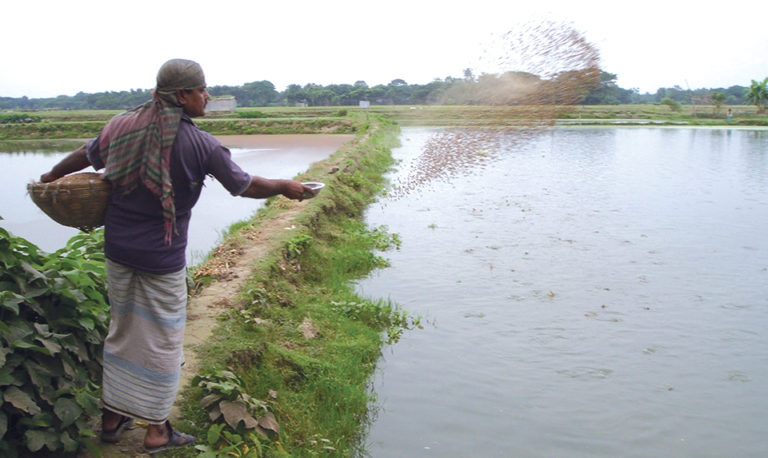
Responsibility
Traditional culture of native carps in Bangladesh has been diversified by the polyculture of introduced carps with tilapia and catfish. Production is becoming increasingly intensive, with an accompanying need for greater feed and other inputs. The culture of Thai pangas has expanded more rapidly than tilapia farming because pangas carry less risk and also provide a quick return.
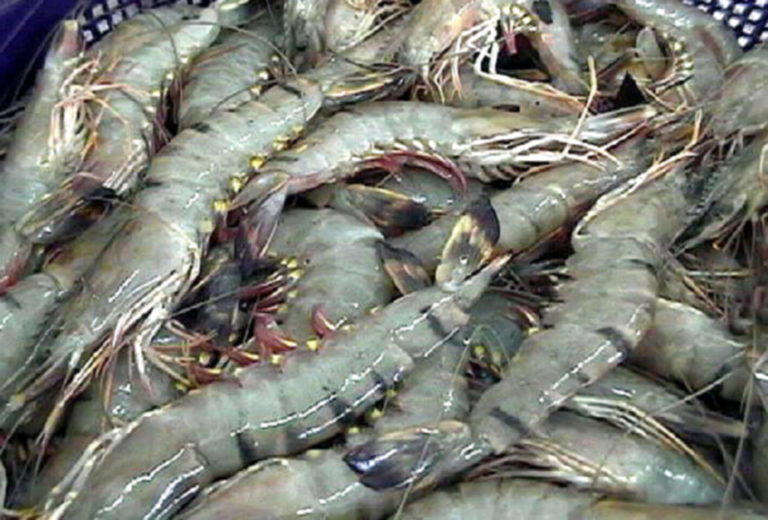
Intelligence
As Bangladesh strives for gains in exports, its shrimp industry is addressing production efficiency, disease control and responsible development.
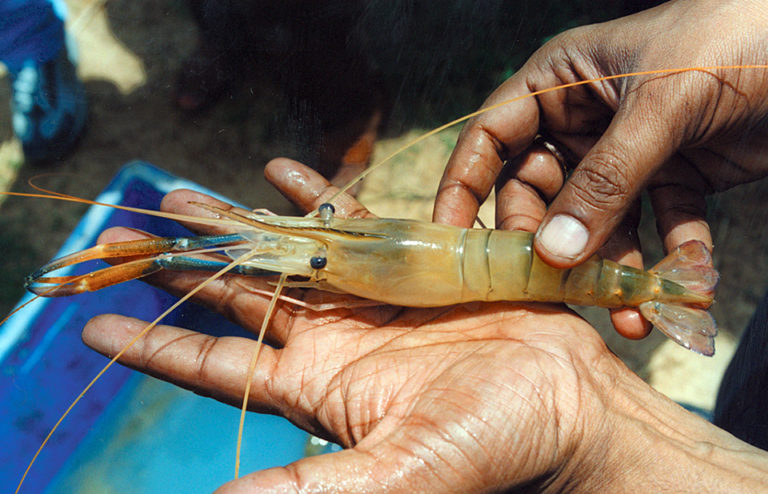
Responsibility
Bangladesh may be a small player in terms of global shrimp production, but producing and exporting shrimp provides an important source of foreign exchange.
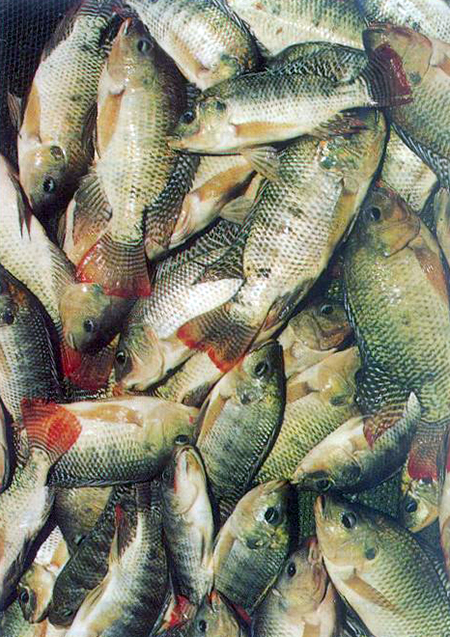
Responsibility
Tilapia culture systems in Bangladesh play a “silent” role in meeting poor peoples’ needs and, increasingly, of a growing demand in formal markets.